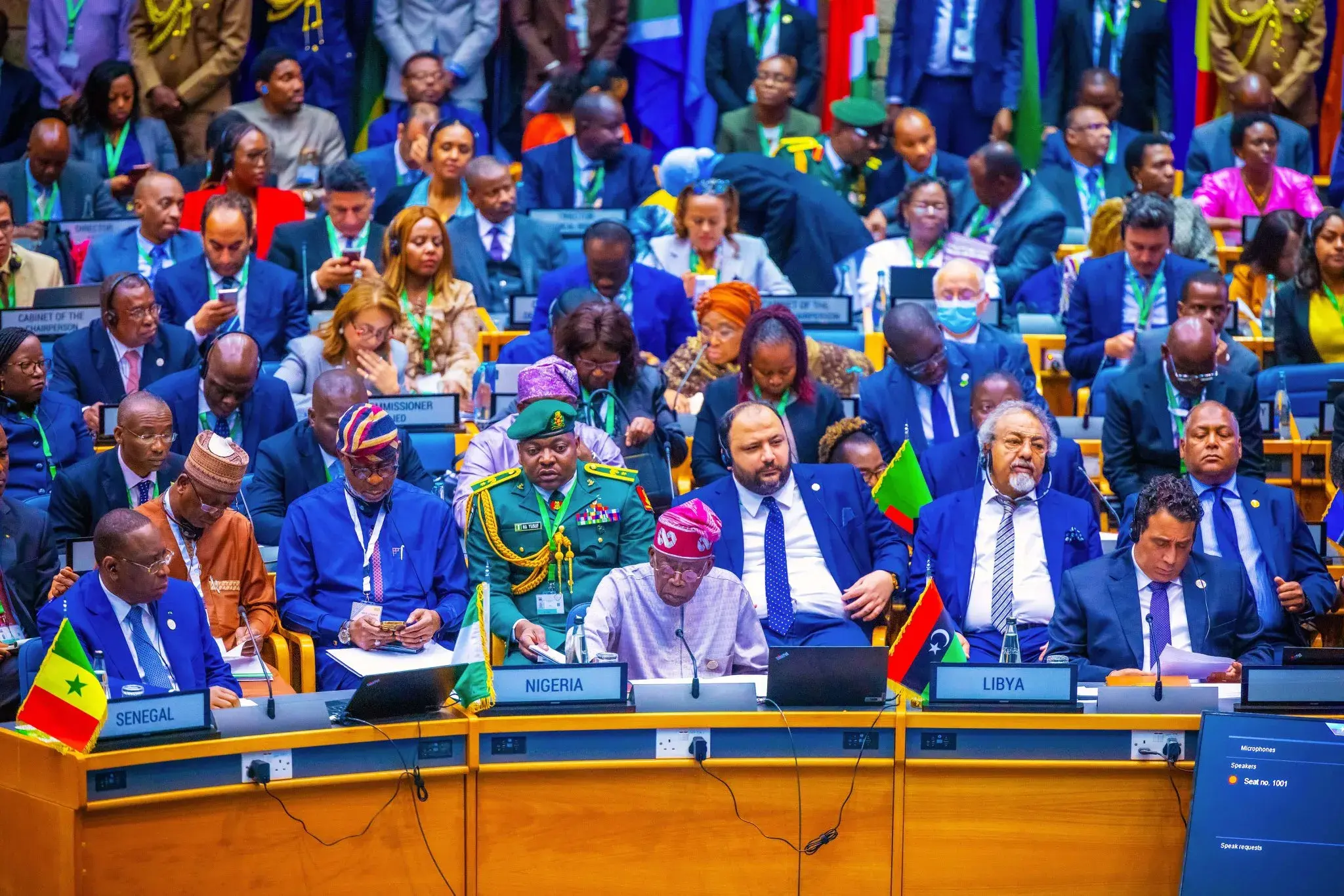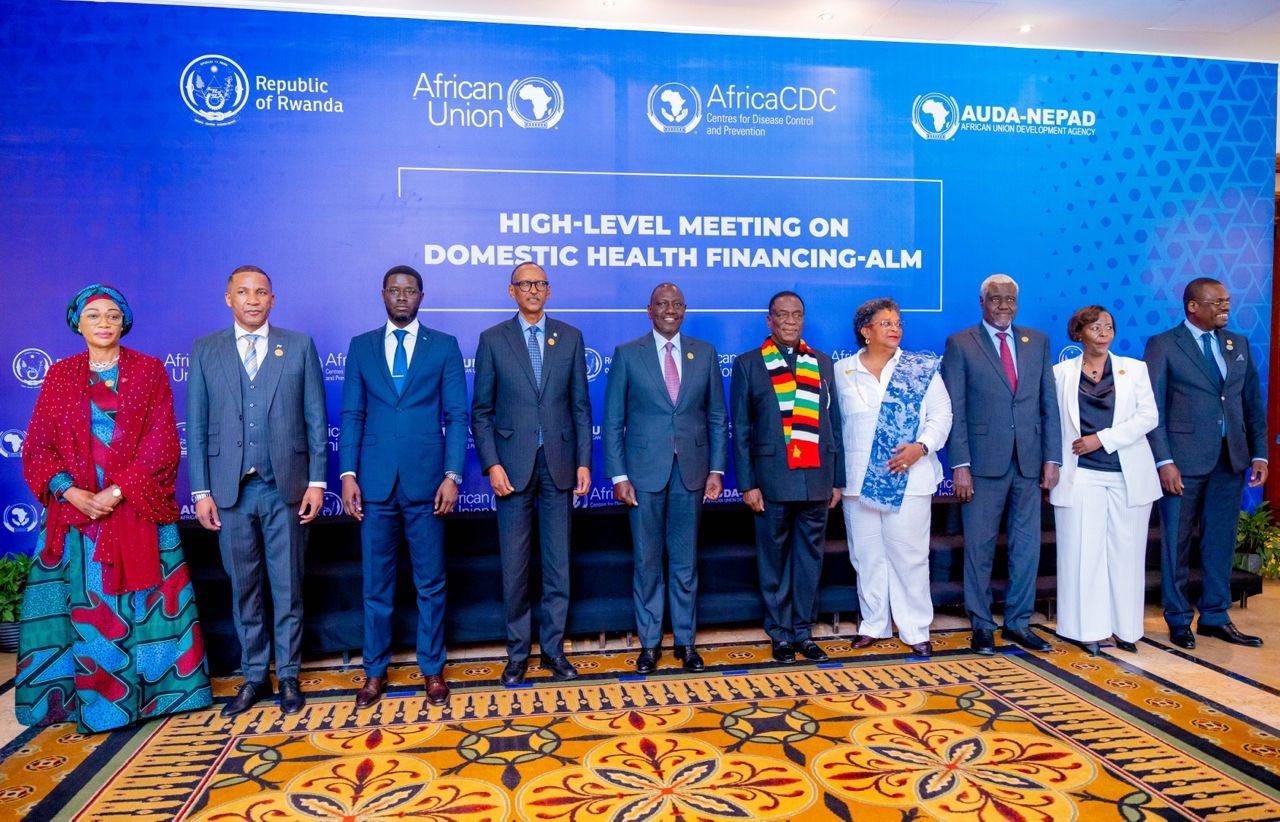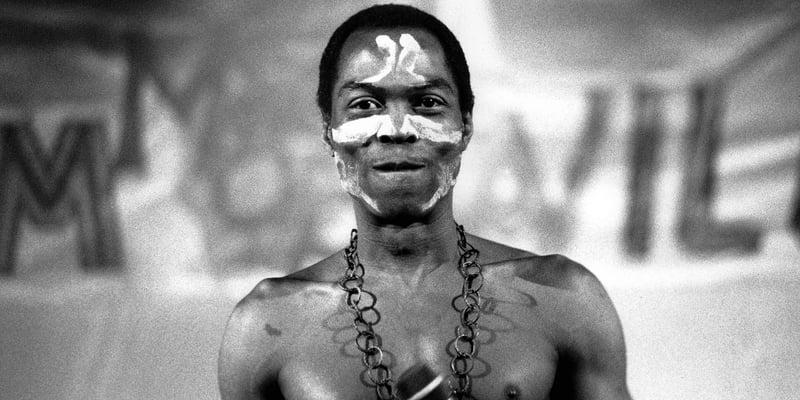Pan-Africanism: Africa’s Century-Long Dream
For over a century, Pan-Africanism has been Africa’s call for unity, liberation, and self-determination. From the fight against colonialism to today’s push for economic integration, Pan-Africanism has evolved into a movement that envisions a stronger, more connected Africa.
At the centre of this story is Nigeria, Africa’s most populous nation, largest economy, and cultural powerhouse. Nigeria has not only been a voice for African unity but also a driver of continental solidarity, from the liberation struggles of the 20th century to the economic opportunities of the 21st.
From Diaspora Roots to African Independence
Pan-Africanism originated in the diaspora, championed by visionaries such as W.E.B. Du Bois, Marcus Garvey, and Kwame Nkrumah. They dreamed of a united global African identity strong enough to resist oppression.
The dream began taking shape after independence movements swept across Africa. When Nigeria gained independence in 1960, it became a beacon of hope, symbolizing that Africa’s largest colony was finally free and ready to lead.
Nigeria and the OAU: Building African Solidarity

In 1963, African leaders created the Organization of African Unity (OAU) in Addis Ababa. Nigeria played a critical balancing role. While Nkrumah’s Ghana wanted an immediate continental government, Nigeria pushed for a gradual approach, emphasizing cooperation without erasing sovereignty.
This pragmatism allowed the OAU to be born, laying the foundation for what is today the African Union (AU).
Nigeria as “Africa’s Big Brother” in Liberation Struggles
Nigeria’s Pan-Africanism has always been more than words; it has taken action:
- Anti-Apartheid Frontline State: Nigeria sanctioned South Africa, expelled its businesses, and funded the Southern African Relief Fund, raising millions to support the fight against apartheid.
- Support for Liberation Movements: From Angola to Mozambique and Zimbabwe, Nigeria funded and trained freedom fighters.
This earned Nigeria the title “Africa’s Big Brother.”
Economic Leadership: Nigeria and African Integration

Nigeria has also led the push for African economic unity:
- ECOWAS (1975): Nigeria spearheaded the creation of the Economic Community of West African States, now one of Africa’s most successful regional blocs.
- The Lagos Plan of Action (1980): Pushed for African industrialization and reduced dependence on foreign powers.
- AfCFTA Champion: Today, Nigeria is central to the success of the African Continental Free Trade Area, the world’s largest free trade zone.
Through oil wealth and diplomacy, Nigeria has consistently used its resources to drive African economic integration.
Nigeria in Peacekeeping: Africa’s Policeman

Nigeria has repeatedly put its troops and resources on the line for African stability:
- Liberia & Sierra Leone (1990s): Led ECOMOG interventions that restored order during brutal civil wars.
- Darfur, Congo, Mali: Nigerian peacekeepers have served under AU and UN missions across Africa.
Though costly, these actions reinforced Nigeria’s image as Africa’s security anchor.
Challenges to Nigeria’s Pan-African Role
Nigeria’s leadership has not been without setbacks:
- Domestic Instability: Corruption, insecurity, and political unrest weaken its global credibility.
- Economic Pressures: Over-reliance on oil limits Nigeria’s ability to fund African projects.
- Suspicion from Neighbors: Some see Nigeria’s dominance in ECOWAS as hegemonic rather than collaborative.
Still, Nigeria’s size, culture, and economy keep it at the centre of African politics.
Pan-Africanism 2.0: Nigeria’s Future in African Unity
Today, Pan-Africanism is not just about politics; it’s about culture, trade, and youth empowerment. Nigeria is leading in all three:
- Culture: Afrobeats, Nollywood, and Nigerian literature are building a shared African identity.
- Trade: Nigeria’s participation in AfCFTA will shape the continent’s economic future.
- Youth Leadership: Young Nigerians are driving conversations on democracy, technology, and innovation across Africa.
Nigeria’s ability to lead will depend on balancing its domestic challenges with its continental responsibilities.
Conclusion: Nigeria and the Unfinished Dream of Pan-Africanism
Pan-Africanism remains an unfinished dream, a dream of an Africa that is united, prosperous, and globally respected. Nigeria has been central to this journey, from liberation struggles to economic integration.
As Africa faces the challenges of globalization, insecurity, and climate change, Nigeria’s leadership will matter more than ever. If the “Giant of Africa” can harness its strengths and overcome its weaknesses, it could push Pan-Africanism closer to reality, transforming Africa’s unity from a dream into a destiny.
Leave a comment
Your email address will not be published. Required fields are marked *




